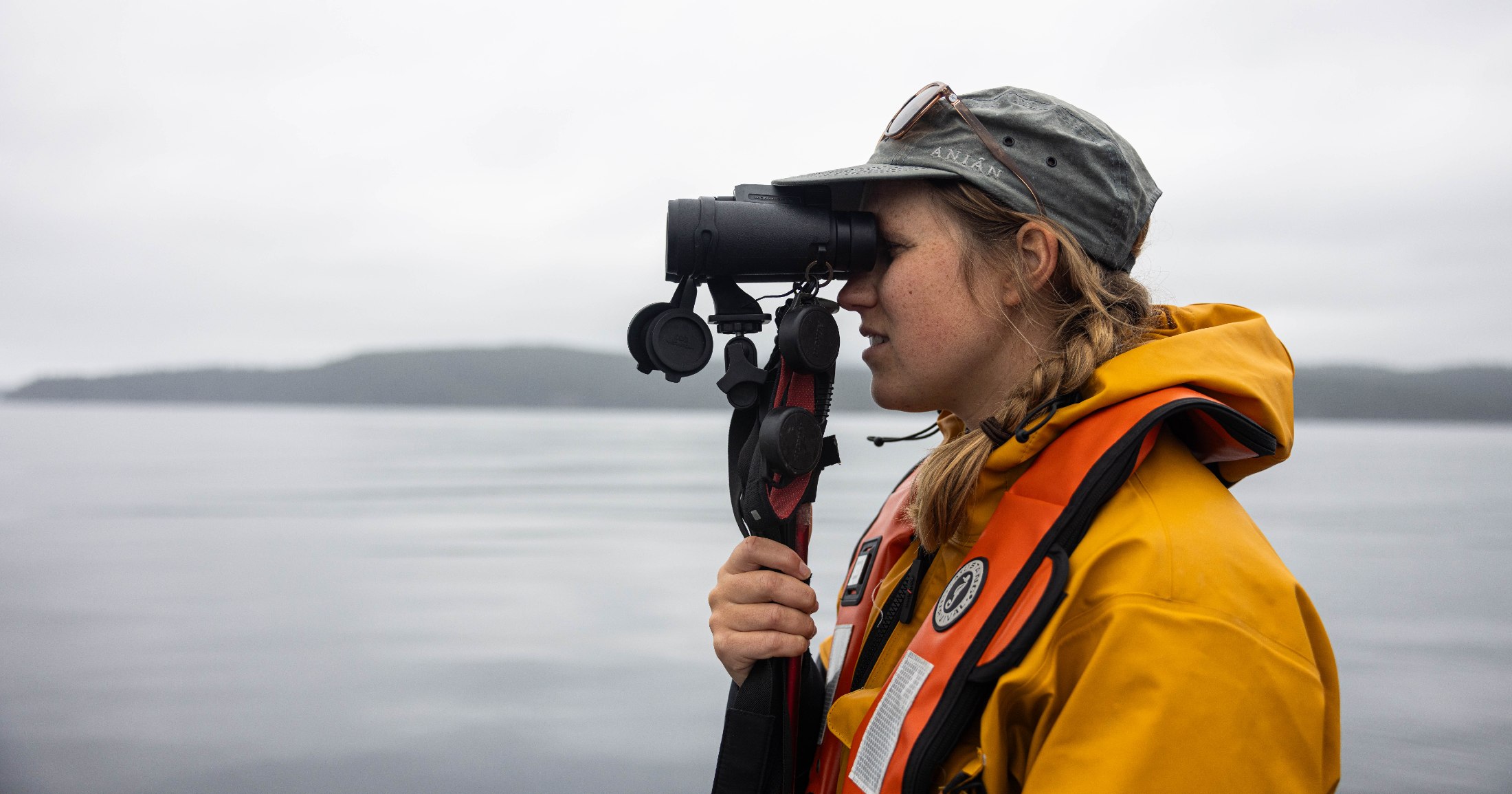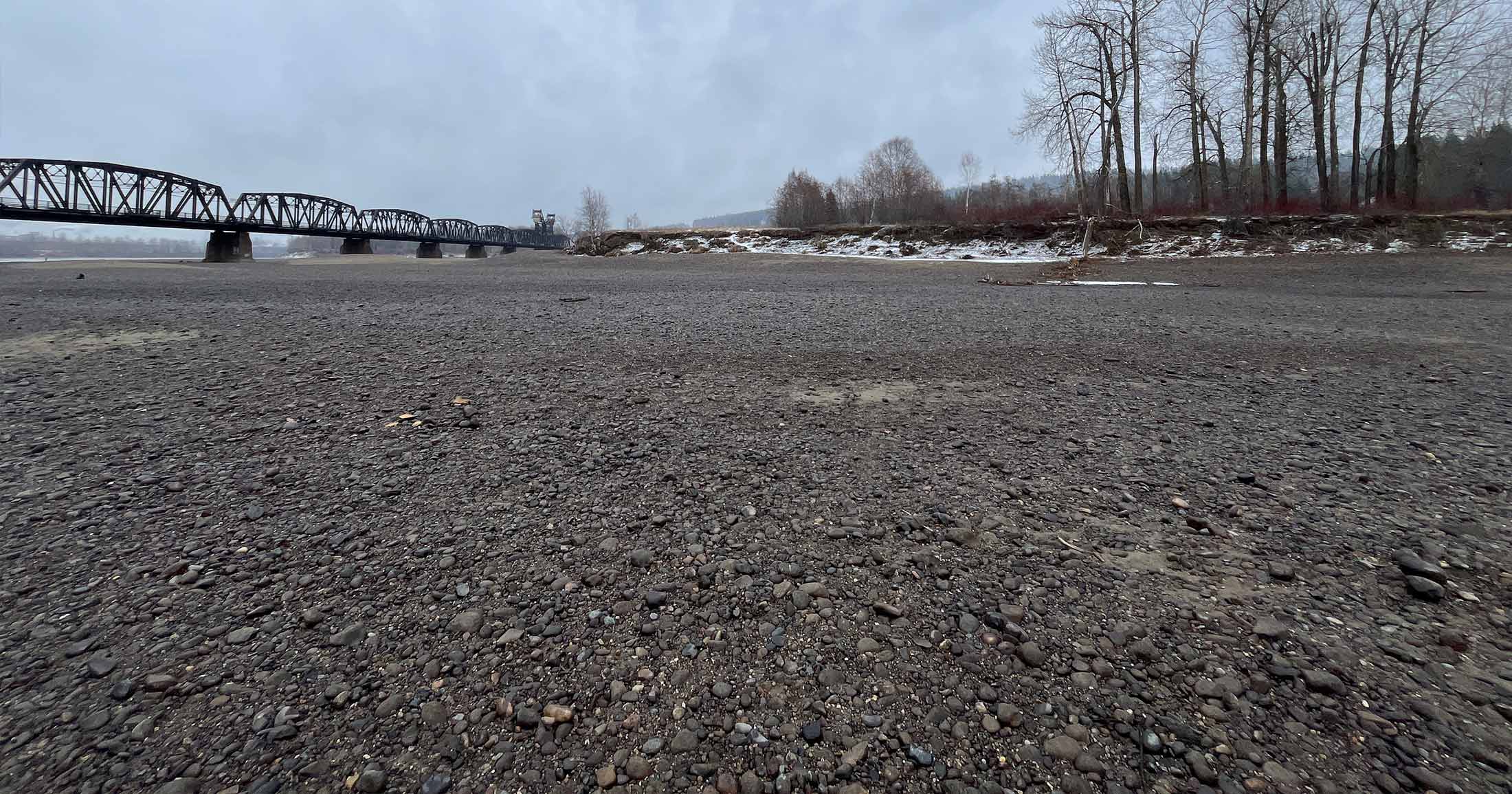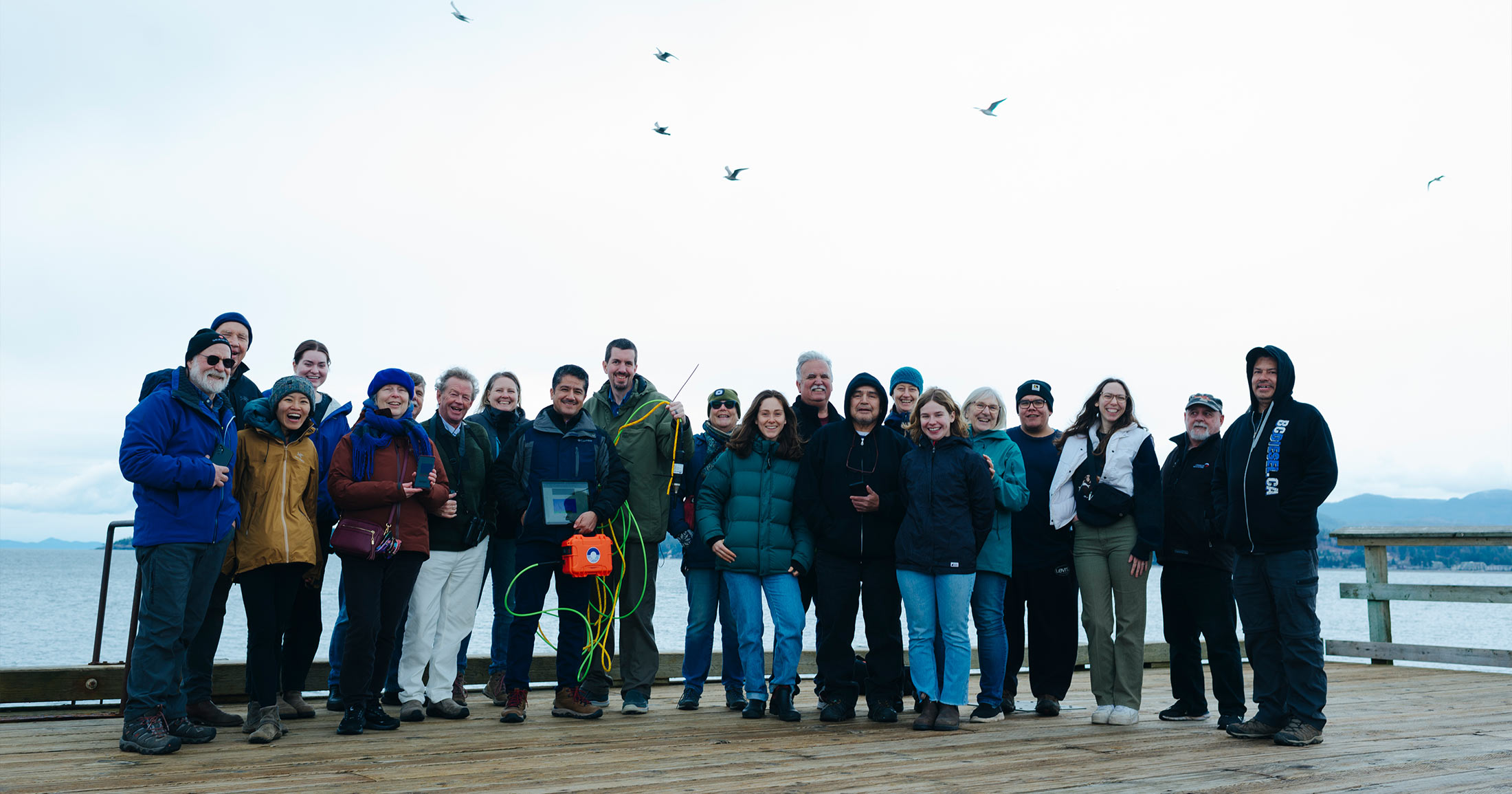Joe Oliver’s platitudes ignore dirty reality of oil spills
Toronto Star
April 3, 2013
By Chris Genovali and Misty MacDuffee
The federal government’s recently stated intention to establish a “world-class oil spill response and prevention” plan is clearly designed to assuage public fears in British Columbia over the dramatic increase in oil tanker traffic that would accompany the Enbridge Northern Gateway project and the Kinder Morgan Trans Mountain expansion.
Energy Minister Joe Oliver’s announcement, however, does little to diminish the risk or change the nature of shipping oil on the B.C. coast. The reality is that human nature and physical nature are the forces that produce tragedies at sea. Unforeseen events that inevitably occur in narrow channels, high-traffic corridors and bad weather increase the risk of oil tanker accidents on B.C.’s coast. Major oil spills show that despite assurances of low risk and advanced technology, poor decisions still lead to major incidents. Groundings, collisions, equipment failures and explosions are all cited as causes for accidents, but these are consequences, not causes. Root causes of incidents are more insidious, with human error, cost-cutting and miscommunication foremost among them.
Lost in all the minister’s warm and fuzzy rhetoric about increased tanker inspections, tanker safety panels and new navigational aids is the fact that human failures account for up to 80 per cent of the world’s oil spills. Underscoring the fact there is no accounting for human error, B.C.’s largest oil spill response vessel ran aground en route to Oliver’s news conference last month…
To read the full article please visit the Toronto Star website.
Support our mobile lab, Tracker!
Our new mobile lab will enable the Healthy Waters Program to deliver capacity, learning, and training to watershed-based communities. We need your support to convert the vehicle and equip it with lab instrumentation. This will allow us to deliver insight into pollutants of concern in local watersheds, and contribute to solution-oriented practices that protect and restore fish habitat.










